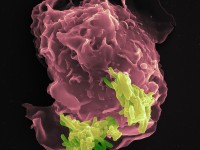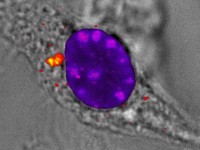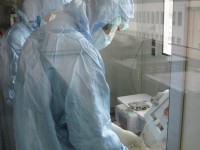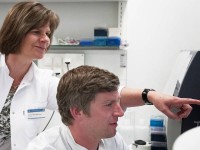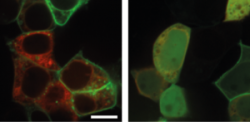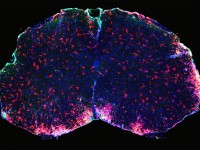500 million year reset for the immune system
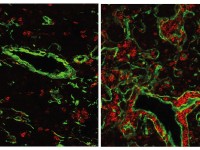
Scientists at the Max Planck Institute of Immunobiology and Epigenetics (MPI-IE) in Freiburg re-activated expression of an ancient gene, which is not normally expressed in the mammalian immune system, and found that the animals developed a fish-like thymus. To the researchers surprise, while the mammalian thymus is utilized exclusively for T cell maturation, the reset thymus produced not only T …

